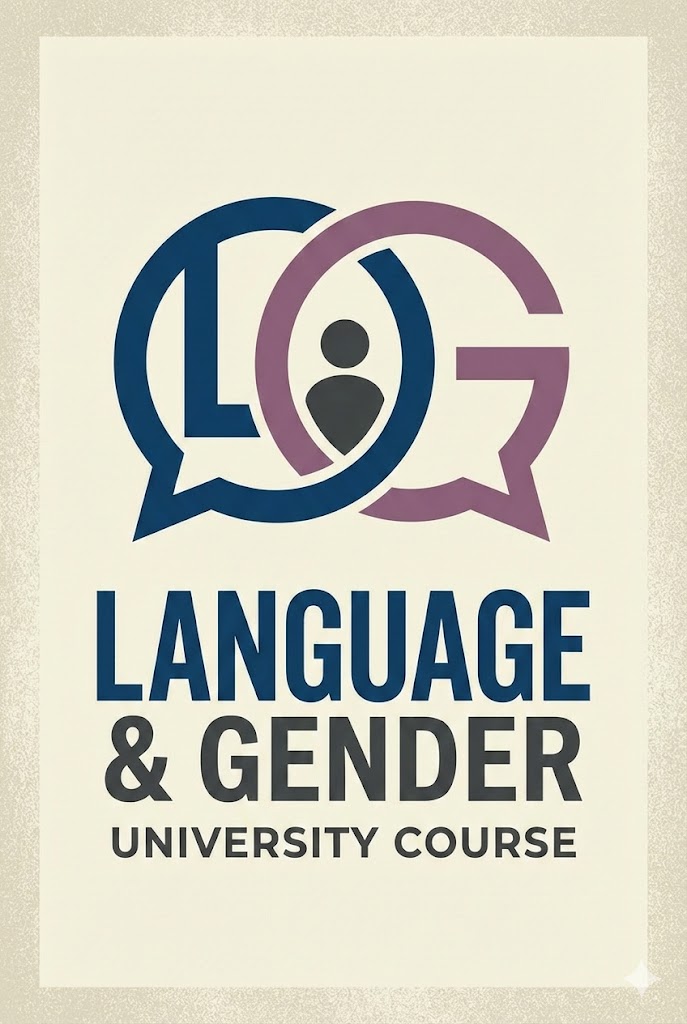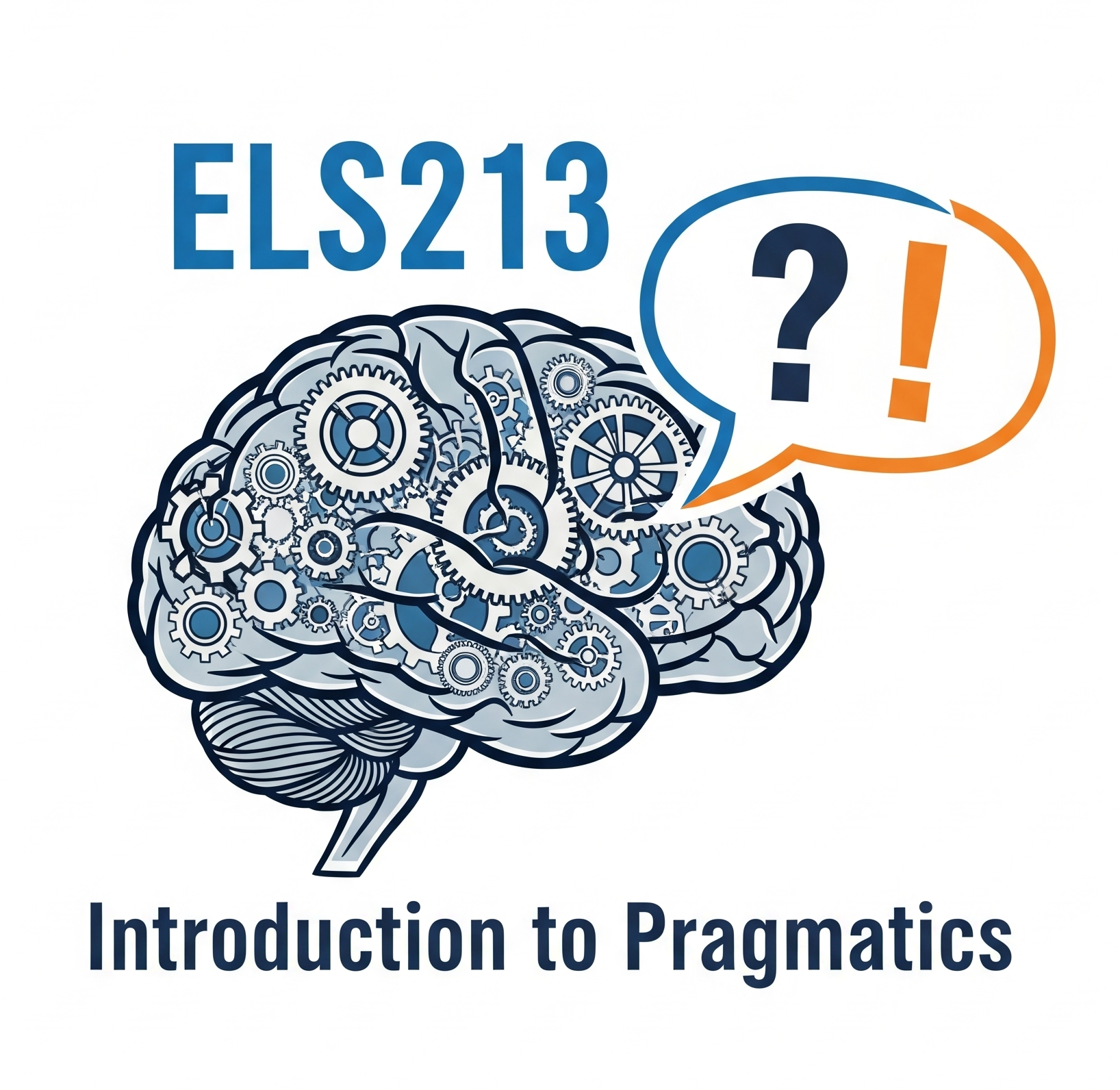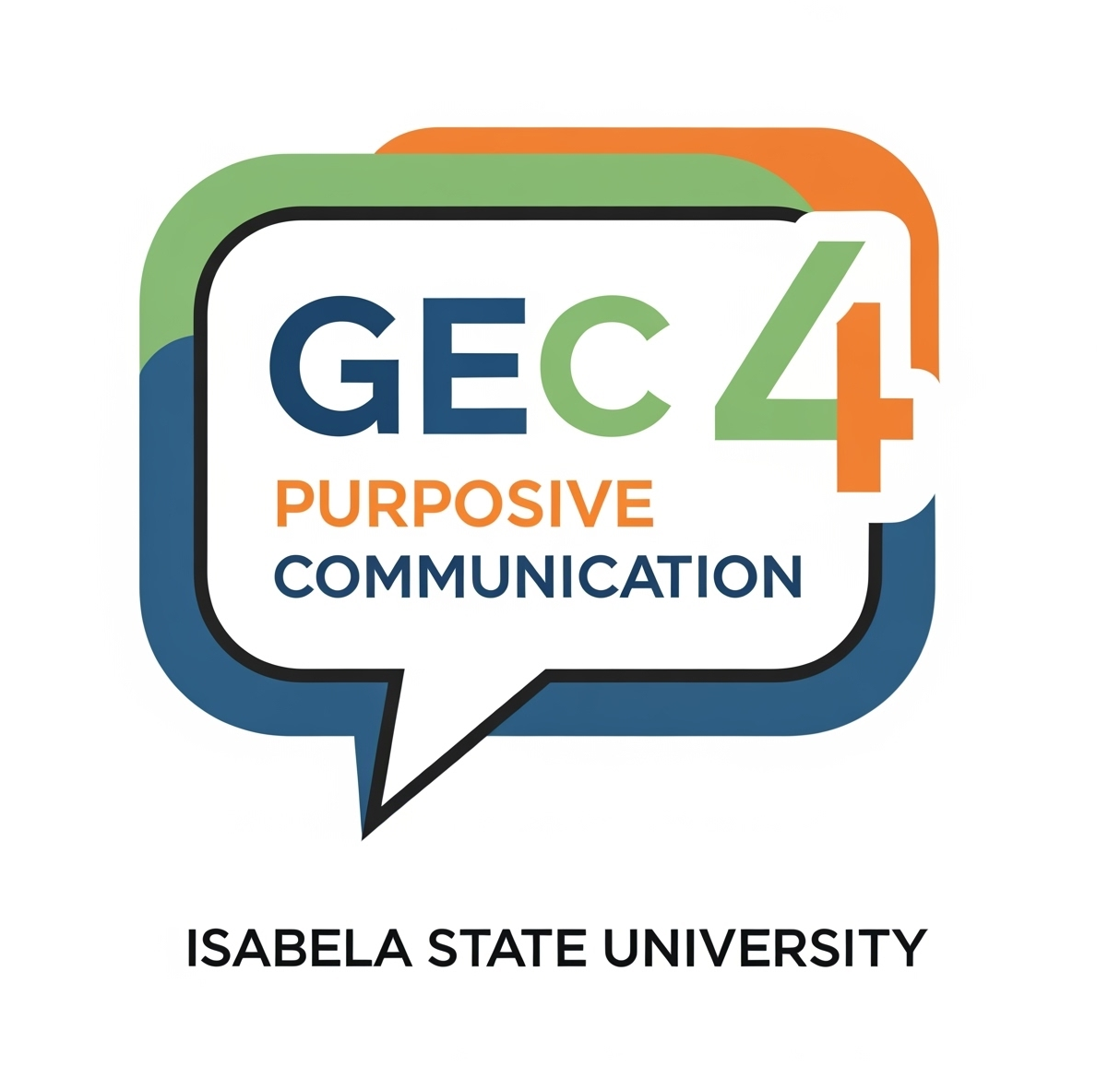Asynchronous Learning System for English Language Studies
Course categories
Skip available courses
Available courses

Gender and Language is a diverse and rapidly developing field, which has both academic and popular appeal. The ‘turn to language’ across the humanities and social sciences, and the impact of critical linguistics and discourse analysis, have contributed to a reframing of questions on gender and language. This course provides a broad overview of key issues and questions, and aims to do so in both theoretical and practical ways. It introduces key theoretical concepts and frameworks and illustrates and exemplifies the relationships between gender and language use, by looking at specific texts (spoken and written), situated in specific contexts. In addition, each module/topic contains questions and suggestions for further reading, to allow those new to the field to locate the issues discussed critically and in context.

This course deals with approaches and methods being used in teaching English as a second language (ESL) / as a foreign language (EFL). It discusses the fundamental theories of language learning and demonstrate teaching practices using various methods and approaches for adult and young learners of English (ELS/EFL). It also tackles some important aspect of teaching practices such as classroom management, Instructional material design and lesson planning.

- Teacher: Adalyn Soriano

This course discusses researches focusing on important aspects of Philippine English, from both a linguistic and literary perspective. It considers some of the sociolinguistic (i.e. historical, social, political, and linguistic) aspects that have influenced the spread of the language, and the impact of historical, social, and political factors in shaping English language and literature in the Philippines.
- Teacher: Adalyn Soriano

- Teacher: Adalyn Soriano

- Teacher: ALS ELS

This course provides an introduction to the
fundamental theories of pragmatics, exploring how context influences the
meaning of language. It examines key concepts such as deixis, implicature,
presupposition, speech acts, and politeness, and applies these theories to
academic and real-world communication scenarios. The course aims to equip
students with the analytical skills to understand and use language effectively
in various social and professional contexts.
- Teacher: ALS ELS


- Teacher: Adalyn Soriano

- Teacher: Adalyn Soriano

- Teacher: Alex Soriano

